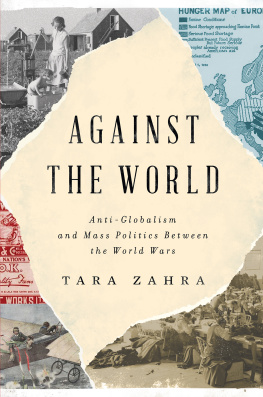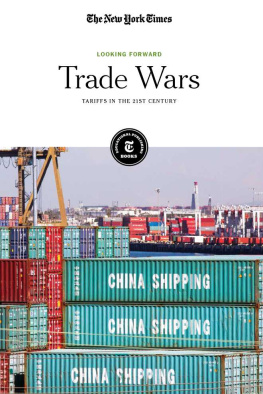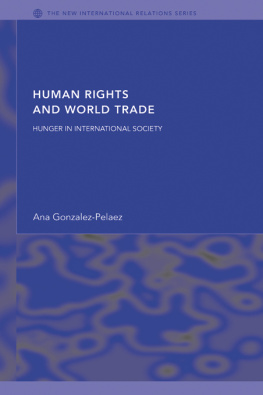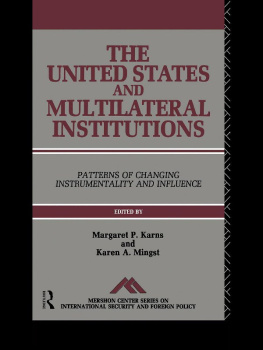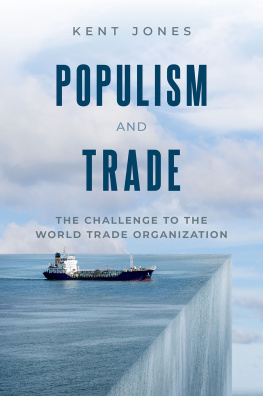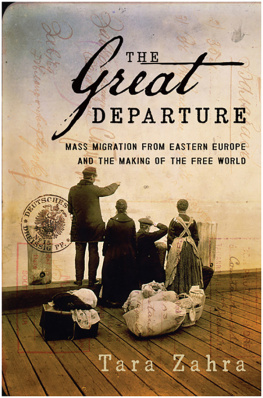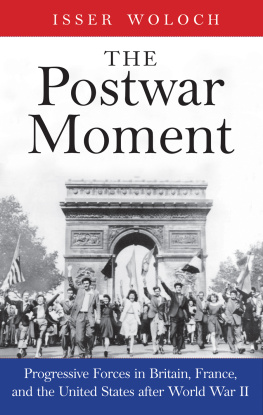Tara Zahra - Against the World: Anti-Globalism and Mass Politics Between the World Wars
Here you can read online Tara Zahra - Against the World: Anti-Globalism and Mass Politics Between the World Wars full text of the book (entire story) in english for free. Download pdf and epub, get meaning, cover and reviews about this ebook. City: New York, year: 2023, publisher: W. W. Norton & Company, genre: History. Description of the work, (preface) as well as reviews are available. Best literature library LitArk.com created for fans of good reading and offers a wide selection of genres:
Romance novel
Science fiction
Adventure
Detective
Science
History
Home and family
Prose
Art
Politics
Computer
Non-fiction
Religion
Business
Children
Humor
Choose a favorite category and find really read worthwhile books. Enjoy immersion in the world of imagination, feel the emotions of the characters or learn something new for yourself, make an fascinating discovery.
- Book:Against the World: Anti-Globalism and Mass Politics Between the World Wars
- Author:
- Publisher:W. W. Norton & Company
- Genre:
- Year:2023
- City:New York
- Rating:4 / 5
- Favourites:Add to favourites
- Your mark:
Against the World: Anti-Globalism and Mass Politics Between the World Wars: summary, description and annotation
We offer to read an annotation, description, summary or preface (depends on what the author of the book "Against the World: Anti-Globalism and Mass Politics Between the World Wars" wrote himself). If you haven't found the necessary information about the book — write in the comments, we will try to find it.
A brilliant, eye-opening work of history that speaks volumes about todays battles over international trade, immigration, public health and global inequality.
Before the First World War, enthusiasm for a borderless world reached its height. International travel, migration, trade, and progressive projects on matters ranging from womens rights to world peace reached a crescendo. Yet in the same breath, an undercurrent of reaction was growing, one that would surge ahead with the outbreak of war and its aftermath.
In Against the World, a sweeping and ambitious work of history, acclaimed scholar Tara Zahra examines how nationalism, rather than internationalism, came to ensnare world politics in the early twentieth century. The air went out of the globalist balloon with the First World War as quotas were put on immigration and tariffs on trade, not only in the United States but across Europe, where war and disease led to mass societal upheaval. The Spanish flu heightened anxieties about porous national boundaries. The global impact of the 1929 economic crash and the Great Depression amplified a quest for food security in Europe and economic autonomy worldwide. Demands for relief from the instability and inequality linked to globalization forged democracies and dictatorships alike, from Gandhis India to Americas New Deal and Hitlers Third Reich. Immigration restrictions, racially constituted notions of citizenship, anti-Semitism, and violent outbursts of hatred of the other became the normcoming to genocidal fruition in the Second World War.
Millions across the political spectrum sought refuge from the imagined and real threats of the global economy in ways strikingly reminiscent of our contemporary political moment: new movements emerged focused on homegrown and local foods, domestically produced clothing and other goods, and back-to-the-land communities. Rich with astonishing detail gleaned from Zahras unparalleled archival research in five languages, Against the World is a poignant and thorough exhumation of the popular sources of resistance to globalization. With anti-globalism a major tenet of todays extremist agendas, Zahras arrestingly clearsighted and wide-angled account is essential reading to grapple with our divided present.
30 illustrationsTara Zahra: author's other books
Who wrote Against the World: Anti-Globalism and Mass Politics Between the World Wars? Find out the surname, the name of the author of the book and a list of all author's works by series.

